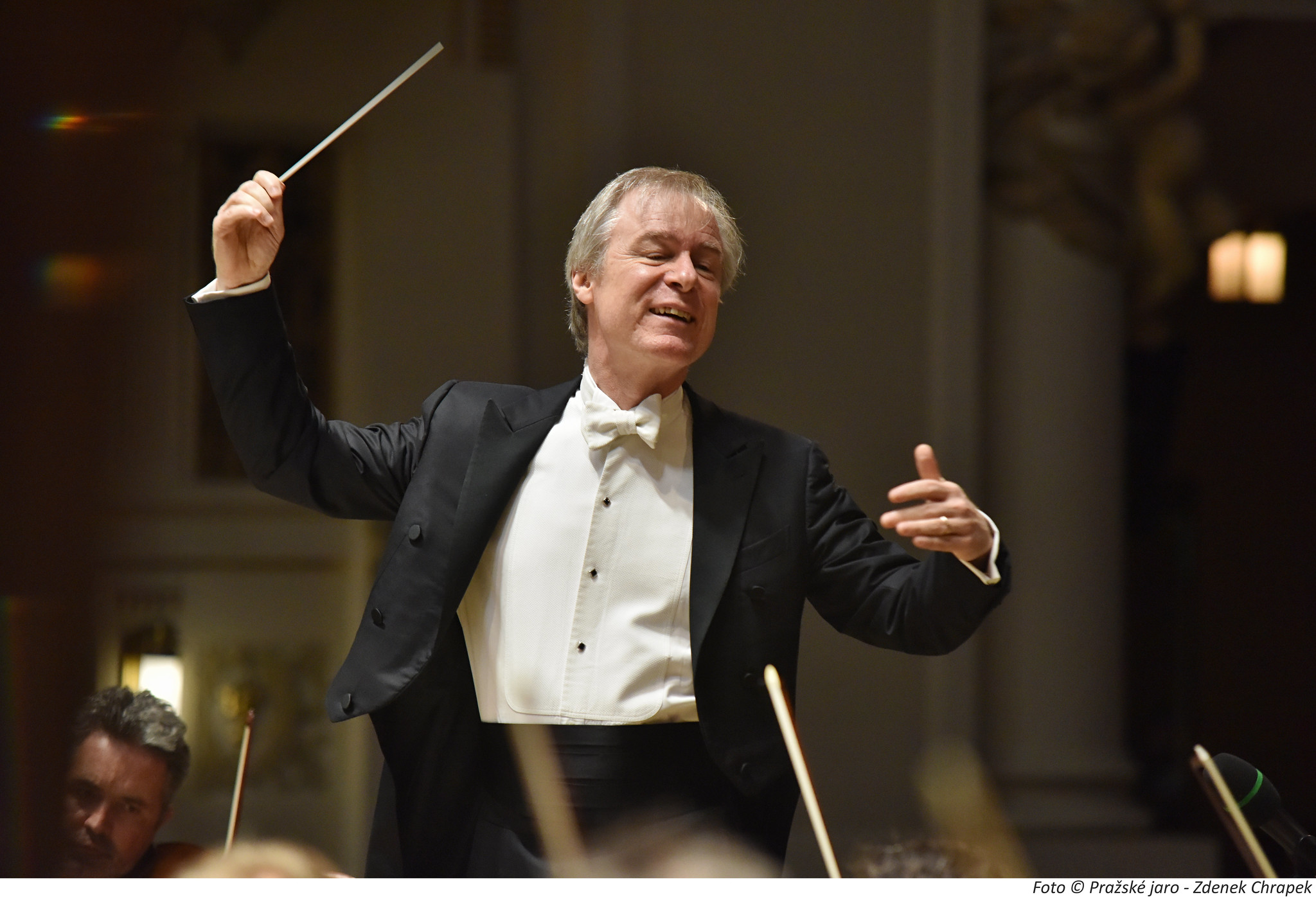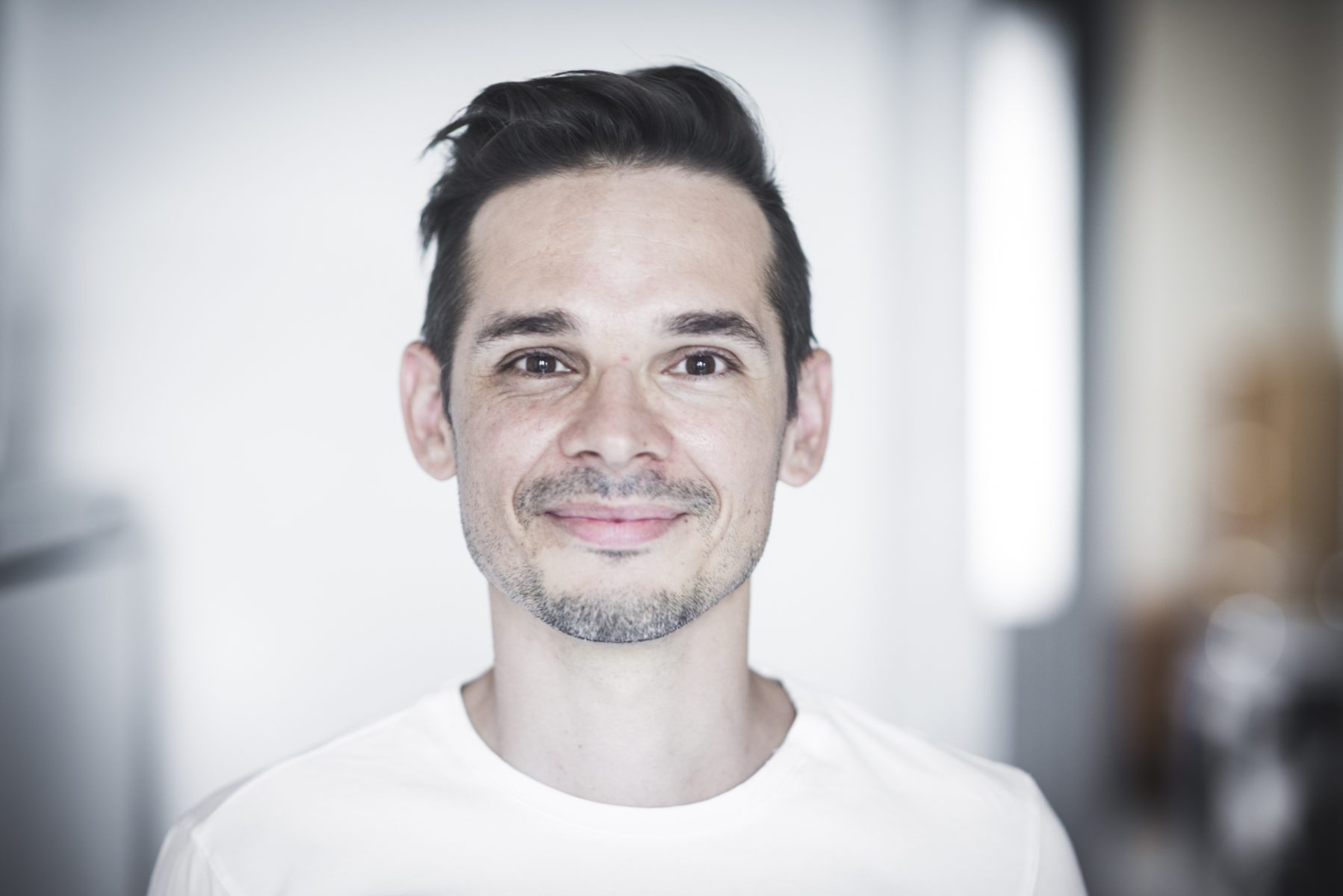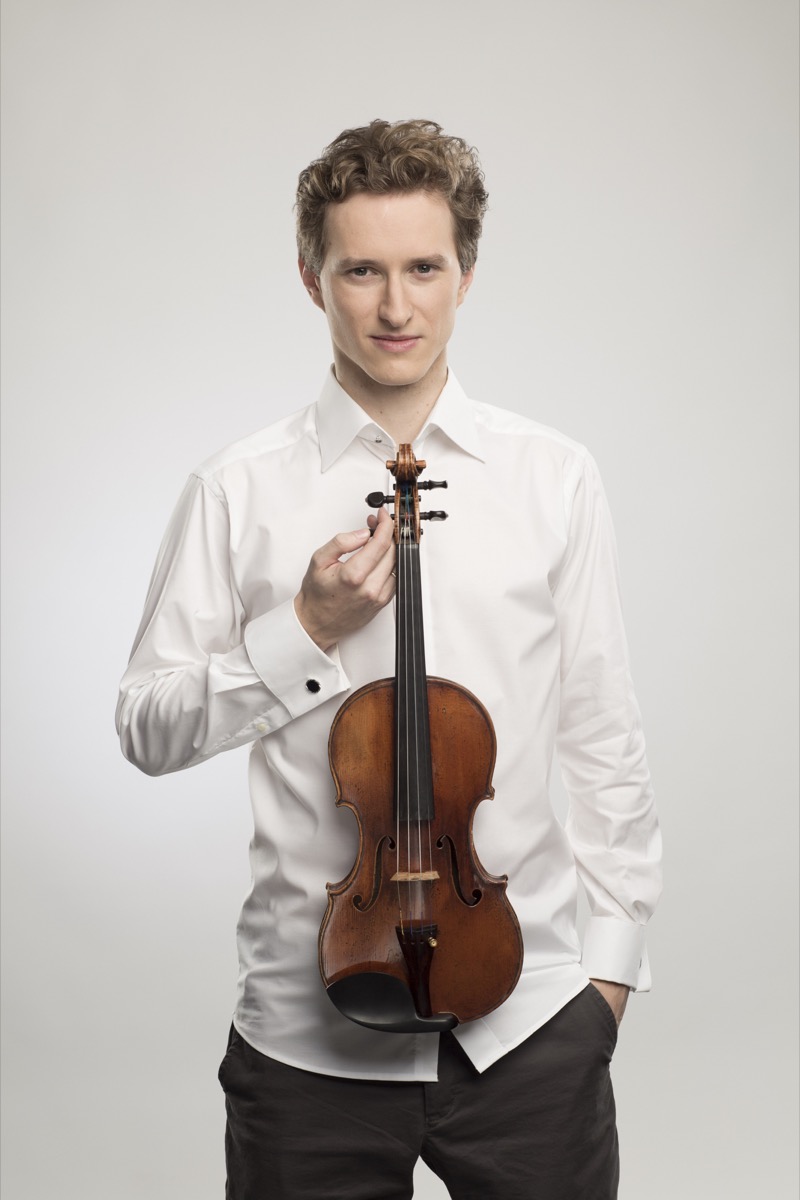CLOSING CONCERT
Festival Partner and Concert Partner

The closing concert of the Prague Spring is devoted to works by Czech composers in the year we mark Bedřich Smetana’s double anniversary and also celebrate the Year of Czech Music. We can look forward to classics Antonín Dvořák, Josef Suk and Leoš Janáček. Yet we won’t only be stepping back into the past: the programme also contains the European premiere of the piece Superorganisms, which Miroslav Srnka wrote as a commission from no less than five world orchestras. The evening’s soloist will be Josef Špaček, the youngest ever concertmaster of the Czech Philharmonic, moreover, with a dazzling solo career. The Czech Republic’s foremost orchestra will be led by eminent conductor David Robertson, whose Prague concerts always promise something truly exceptional.
Programme
- Miroslav Srnka: Superorganisms (European premiere)
- Leoš Janáček: The Wandering of a Little Soul, concerto for violin and orchestra
- Antonín Dvořák: Mazurek for Violin and Orchestra in E minor Op. 49
- Josef Suk: Praga, symphonic poem Op. 26
Performers
- Czech Philharmonic
- David Robertson - conductor
- Josef Špaček - violin
Price
“The Czech Philharmonic’s concert seemed to come from a different space-time,” wrote Jan Průša for the Opera PLUS website, when David Robertson conducted the orchestra in Olivier Messiaen’s symphony Turangalîla in the Rudolfinum. “Both the vocal and orchestral performances were first class and left us with a profound impression,” wrote Jan Říha in the Czech daily Právo, reviewing Robertson’s interpretation of Bartók’s opera Bluebeard’s Castle at the Prague Spring. The American artist is a true phenomenon. He headed the Sydney Symphony Orchestra as Chief Conductor and the St. Louis Symphony Orchestra as Music Director, he was Principal Guest Conductor of the BBC Symphony Orchestra and, as a protégé of Pierre Boulez, he was appointed the first American Music Director of Ensemble Intercontemporain. He is just at home in the Classical-Romantic repertoire as he is in the contemporary sphere. Since his conducting debut in 1996 he has been a key player at New York’s Metropolitan Opera, where he opened the 2019–2020 season with an exceedingly successful production of Gershwin’s Porgy and Bess; he subsequently won a Grammy for his recording of the opera. He conducts some of the world’s finest orchestras, including the Concertgebouw in Amsterdam and the New York Philharmonic, where he returns this season as well.

“For a long time art has primarily been turning inwards, to the individual experience. The piece Superorganisms attempts to aim for the layer above the individual,” states Miroslav Srnka. Since 2016, when Kirill Petrenko premiered his opera South Pole at the Bavarian State Opera with Rolando Villazón and Thomas Hampson in the lead roles, he has become one of the most closely watched composers on the contemporary scene. “Bees or ants are societies of individuals of a single species, which exist only in synergy and self-organisation. The orchestra is arguably a perfect example of similar human self-organisation, with fascinating precision, discipline and coordination,” says Srnka of the work he wrote as a joint commission from the Berlin Philharmonic, the NHK Symphony Orchestra in Tokyo, the Los Angeles Philharmonic, Orchestre de Paris and the Czech Philharmonic. “Superorganisms are constructed almost exclusively from virtuoso solo voices within an orchestra that is divided wholly individually, yet there are no solos in the entire work and it would be difficult to identify the individual parts on their own. The music only emerges from the rippling of collective energy. It’s like a shoal of fish or a flock of birds, where our gaze can’t follow a single creature, even so, we find ourselves being able to observe their mass movement for hours. Superorganisms are four different “species” for auditory observation. They originated in an era that won’t be able to solve its problems without the synergy of the human superorganism.”

Josef Špaček has become established on the international scene as a top-flight performer of Czech music. “With pure tone and a gutsy lower register, the coolly contained Špaček combined fluent technique with expressive finesse,” wrote the British daily The Guardian in 2015 in a review of his recording of Czech violin concertos with the Czech Philharmonic under conductor Jiří Bělohlávek. The release also includes Leoš Janáček’s concerto The Wandering of a Little Soul (also known as Pilgrimage of the Soul). Born in Hukvaldy, the composer wrote the piece in the mid-1920s, however, it remained unfinished but he later transferred some of the material to his opera From the House of the Dead. Using the original sketches, composers Leoš Faltus and Miloš Štědroň reconstructed the composition and reintroduced its original concept. Mazurek for Violin and Orchestra is one of Antonín Dvořák’s most popular works. Structured around an unmistakable melodic idea, the work was written at the request of his German publisher Fritz Simrock, who wished to follow up the success of Slavonic Dances.
The gala evening and, at the same time, the entire festival will close with the symphonic poem Praga. Josef Suk, the pupil and son-in-law of Antonín Dvořák, here pays tribute to “Royal Prague”, as he indicated in the score. The mysterious introduction conjures up an image of the mist hovering above the Vltava river, then our gaze shifts to Vyšehrad and, as the haze suddenly disperses, we see the panorama dominated by Prague Castle. Suk’s masterpiece is also aligned with Bedřich Smetana’s Má vlast, the Prague Spring’s signature work, through its incorporation of the Hussite chorale Ye Who Are Warriors of God, which threads its way through the entire piece. In the monumental close the chorale is heard in the whole orchestra, now joined by the organ in the Smetana Hall of Municipal House.







